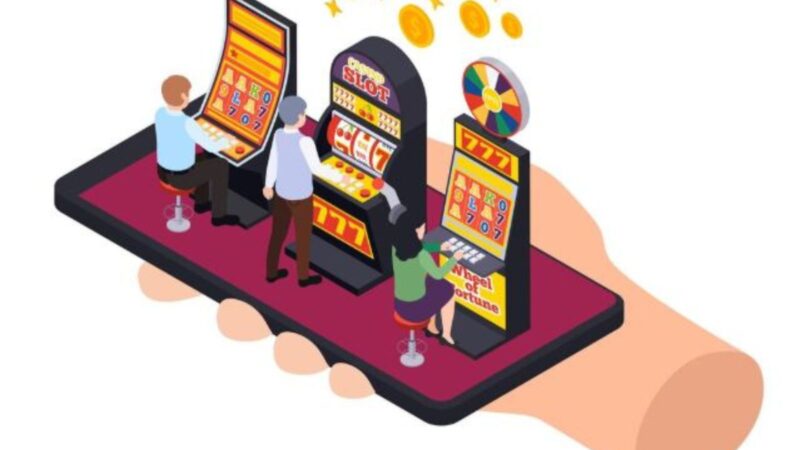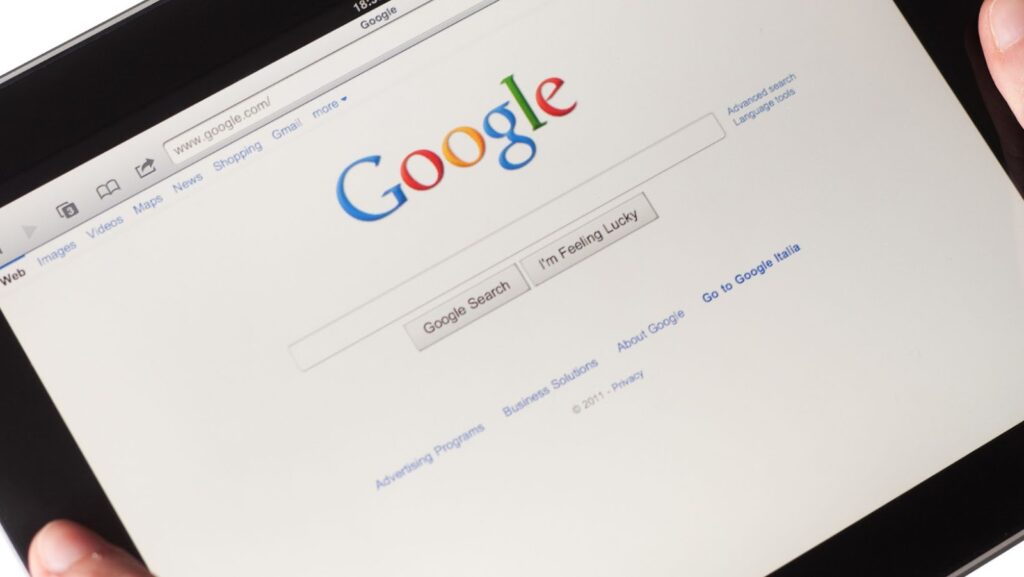
Apple, Nike and Google join brands limiting services
In recent months, some of the top brands across sectors have made announcements regarding planned service reductions or disruptions due to the global COVID-19 pandemic. Many ask what caused these companies to limit some of their services and how it will affect their customers. This article will explain why these brands are limiting services and how it impacts their customers.
With the rise in unemployment caused by COVID-19, customer spending has dramatically decreased in recent months. As a result, many of the world’s largest brands that provide services ranging from airlines to retail stores have had to take drastic steps in order to remain operational. From reducing employee hours to eliminating certain services altogether, many companies are making these decisions to protect their staff and customers during this uncertain time.
Additionally, travel restrictions imposed by governments and airlines have further complicated matters as fewer people can utilise such services as vacation planning and business trips. Businesses on the other hand have had limited customer access due to social distancing rules which has caused sales figures to tumble. In order for companies offering such services as restaurants, stores and hotels to stay afloat, many have been forced into enacting various service restrictions – from closing physical locations earlier than usual or even temporarily suspending operations entirely until further notice.
Lastly, supply chain disruptions associated with COVID-19 have made things even more difficult as businesses such as grocery stores struggle with inventory shortages that decrease available stock far below what is needed for normal customer demands. Brands like Amazon and Walmart have had to reduce certain delivery options to keep up with demand while keeping employees and customers safe during this critical period.
Apple
Apple has recently announced that they will limit their services to protect and respect their customers’ data. Along with this announcement, Google, Nike and other brands have also taken steps to limit the services they offer.
By doing this, these brands are trying to protect their customers and the data they hold. This article will discuss why these brands have taken this step and the implications of their decisions.
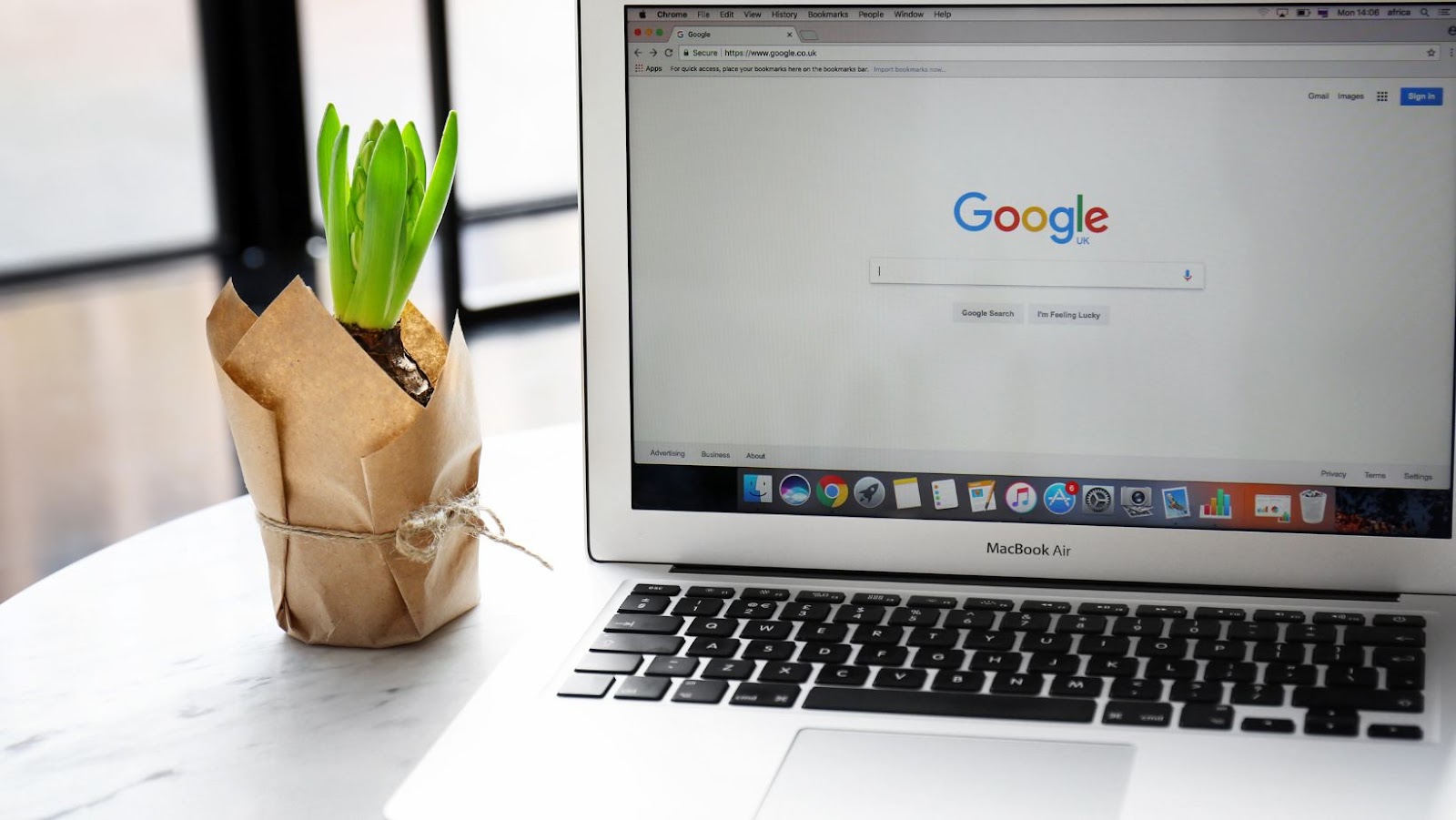
Reasons for limiting services
Apple is one of the most well-known and reputable brands in the mobile industry, known for their quality products and services. However, in recent years, Apple has faced increasing pressure from various elements, resulting in some of their services being limited. There are various reasons as to why these services are being restricted.
Firstly, Apple is facing competition from other phone companies that have been slowly gaining market share and providing consumers with more options than Apple. Furthermore, the presence of open-source operating systems such as Android has caused a shift in consumer preference for smartphones and mobile devices, further putting pressure on Apple’s market share.
Secondly, due to security concerns over data theft from personal devices through malicious software or fraudulent activities, many governments have implemented strict regulations limiting or preventing certain mobile device services. In order to comply with these regulations and ensure consumer safety, Apple must restrict certain services on their devices where necessary.
Lastly, financial factors such as increased costs of production or rising wages are also a factor in why some of Apple’s services are limited or restricted. These financial factors cause additional strain on the company’s budget which can lead to scaling back investment into research and development of new technologies as well as reducing incentives for current employees.
Impact of limiting services
Apple’s decision to limit services and customer support during the COVID-19 pandemic has had a wide-reaching impact. This has made it difficult for existing and potential customers to access certain services provided by the company.
In terms of hardware purchase and repair, some Apple Stores remain open with limited service availability. As a result, customers who wish to have their devices serviced or purchase Apple products will need to make an appointment in advance using their store locator. Customers should also expect extended wait times for repair due to the reduced staff available at many stores. Furthermore, some stores remain closed due to local restrictions, making it difficult for customers in certain areas to obtain necessary repairs or parts for their Apple devices.
Additionally, customer support by phone has been significantly reduced since the beginning of the pandemic. To accommodate customers’ needs, remote customer support via chat has become more limited as well; while 24/7 chat is still available in some countries, others now offer longer wait times or shorter hours than before. Moreover, tech support videos are no longer available on the website due to staffing shortages resulting from limited hours at phone centres worldwide.
The impacts of limiting services have resulted in difficulties for customers while trying to buy products and avail of repairs and customer support related to their Apple devices.
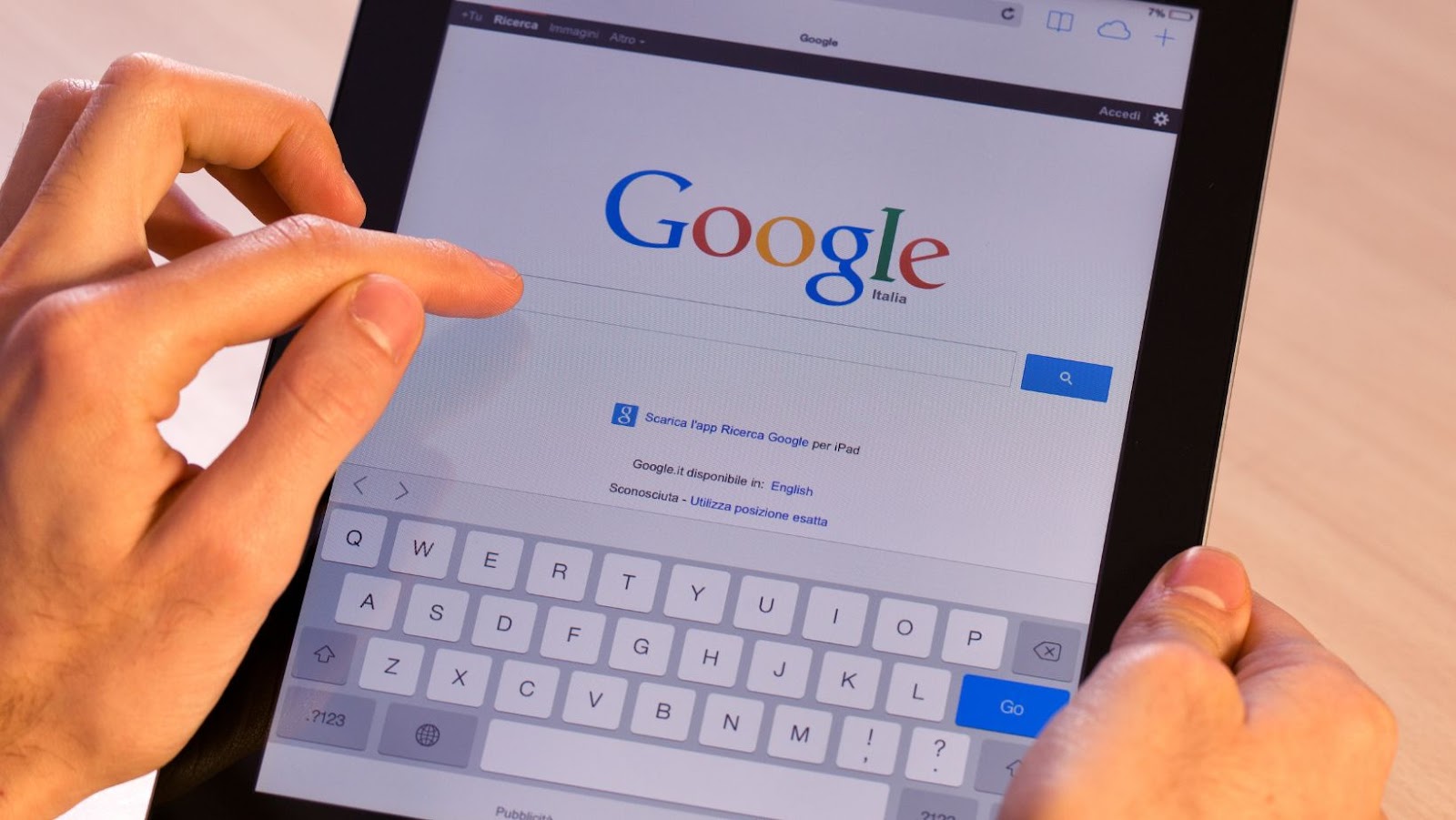
Nike
Brands like Apple, Nike and Google have recently taken steps to limit the availability of their services, due to the Covid-19 pandemic. Nike is amongst the few companies which have made a stand to reduce the whole idea of overconsumption. To protect its consumers and employees, Nike has closed several stores, restricted online services and limited the availability of certain products.
Let’s dive in and explore why Nike is limiting its services.
Reasons for limiting services
Nike is an iconic American company known for its high-quality footwear, apparel and accessories. In the age of digitalization, online shopping is becoming an increasingly popular option for consumers and brands alike.
There are several reasons why Nike has chosen to limit its services, including competition with other brands such as Adidas and Under Armour, pressure from investors to stay profitable and keep costs down, safety concerns related to COVID-19, among others.
The primary concern of limiting services is the potential loss of customers and revenue. Nike has invested in their online presence to stay ahead of the competition while still offering a top-notch experience for their customers. This includes adding virtual try-ons for their shoes; enabling customers to look up product information; introducing faster delivery options like same day shipping; providing discounts through subscriptions; offering a yearly membership program called “Nike Plus” and opening physical stores as “Experience Stores” that seek to attract customers through interactive events such as art galleries or athletic classes.
These efforts have allowed Nike to remain competitive despite limiting some of its services. However, it remains important that the brand continues investing in optimising their customer experience and revamping those limited services so that customers can keep coming back for more.
Impact of limiting services
Due to the current pandemic, Nike has been forced to decide to temporarily close many of its stores and limit services in others. This change in retail operations has seriously impacted their sales and financials.
The reduction in demand for their products and lack of foot traffic from store closures have resulted in losses of up to $2 billion in 2020 compared to 2019. In addition, Nike is also faced with disruption to their supply chain due to both COVID-19 related restrictions and an increasing number of factories closed due to civil unrest in certain countries.
Nike athletes, brand ambassadors for the company, have also suffered directly from restricting services. Pro athletes have faced cancelled initiatives with long-standing sponsorships severed, particularly those tied to competition or training support. In addition, any athlete whose success relies on endorsement or partner deals outside involvement with the organisation has also faced a decline or loss during this period.
However, Nike is taking steps to counteract these impacts by continuing digital marketing campaigns, accelerating e-commerce activity and developing processes to reduce disruption within their supply chains. They are also using this period to understand consumer behaviours better resulting in a more tailored response as they transition past Covid-19 disruptions.
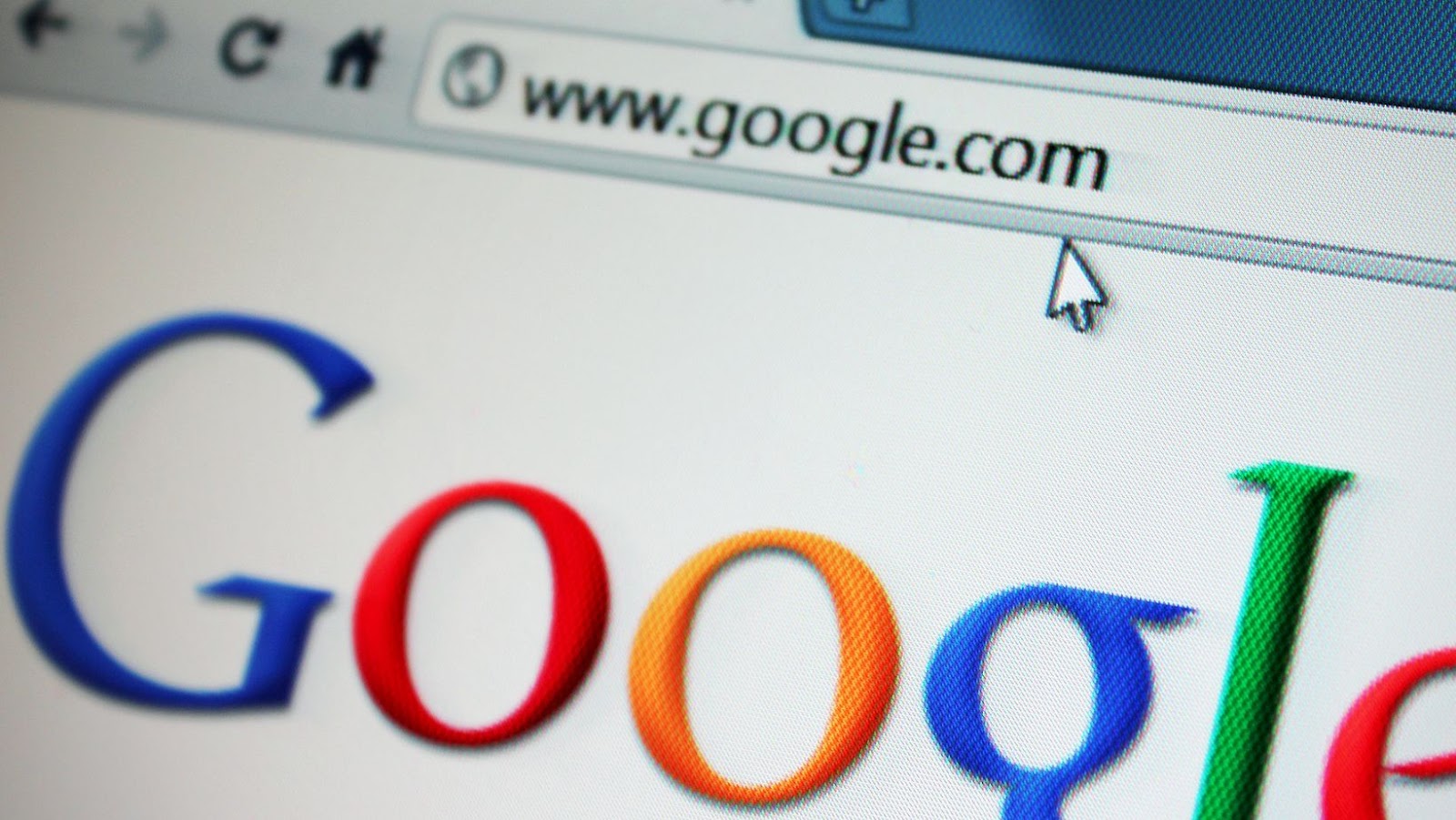
Google has recently been one of the many brands to limit their services due to the Covid-19 pandemic. This is a part of a collective effort by many major brands such as Apple, Nike and Google to do their part in stopping the spread of the virus.
This article will examine how Google has limited their services and their reasoning behind this choice.
Reasons for limiting services
Google, along with other big technology companies, has recently made the decision to limit their services for users in certain countries. This decision is based on the fact that Google must operate according to local laws and regulations.
Google’s primary reason for limiting services is to ensure that users in these countries have a safe and compliant experience with corresponding laws and regulations. For example, Google restricts access to sensitive content in countries where local laws or other related regulations prohibit it.
The company will also limit service availability if it finds that a country’s business climate or socio-technical conditions pose significant risk factors. In such cases, Google may find reduced operation within a certain country more suitable than full abandonment of its regional presence.
With such limitations in place, Google can better protect its user’s data and provide more secure services across the globe while still following applicable local laws and regulations imposed by governments around the world.
Impact of limiting services
Limiting services and access to certain websites can impact consumer behaviour. It can lead users to look for alternative solutions, increase consumer frustration and cause people to avoid certain brands. In many cases, limiting services or blocking access entirely could lead to decreased traffic and fewer conversions. As more consumers use the internet, they become more accustomed to the connective nature of it and the availability of various products and services within it.
When one brand limits their service, users may be tempted to try a competitor offering similar products and services at a better price or with simpler availability. This could decrease revenues for companies and make them less competitive in their respective markets as potential customers go elsewhere for their needs. Additionally, limiting services could threaten long-term partnerships as dissatisfied customers go elsewhere for other options that provide the needed service or product.
Limiting access or decreasing the availability of certain websites may also increase user frustration when looking for something specific on the internet or when trying to find all the necessary information from those sites that are now unavailable. In addition, customers may be hesitant to recommend or trust those brands that they feel have not met their expectations, which could lead them to a different brand altogether leaving companies footing an increased loss in revenue over time rather than just an isolated incident due to decreased service availability.








